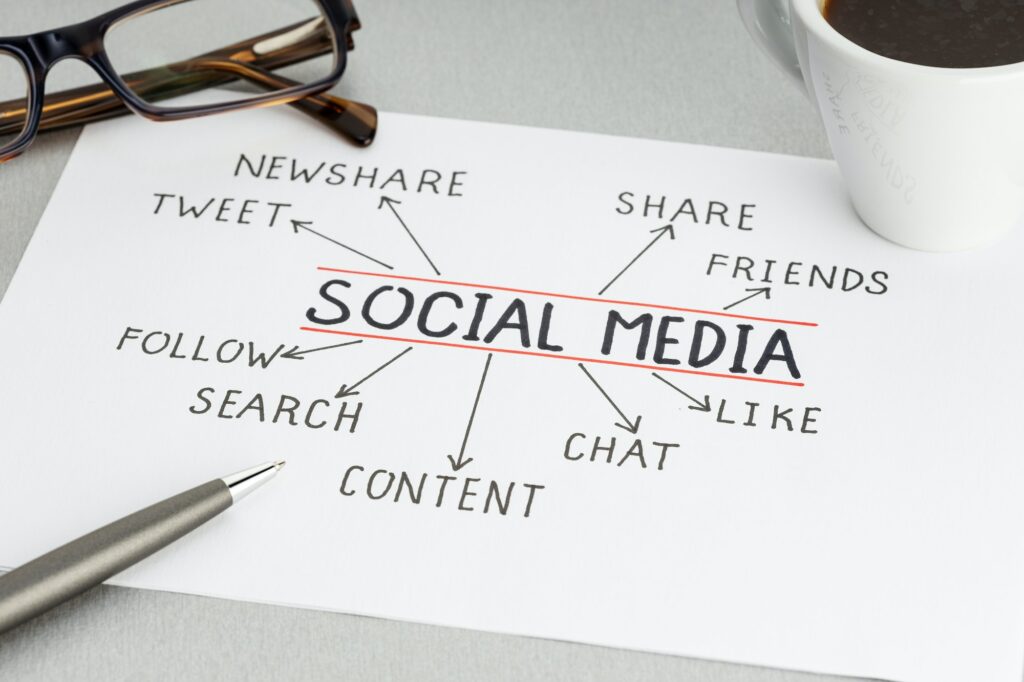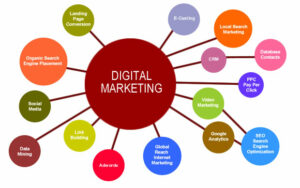Your business idea is finally a reality, congrats to you! The next step is to get the word out, the closest and most inexpensive tool to you is social media; here is the social media guide for small businesses. These channels are excellent for business awareness, engagement, and even sales.
Small businesses are no strangers to social media. In fact, social media has become an integral part of many small business marketing plans. But with so many platforms and strategies, it can be tough to know where to start or how to make the most of your time and resources.
It must be noted that, depending on your type of business, you may not require social media. However, you must clearly define your goals and decide if these channels are worth investing the time to build an online brand affinity.

This article serves as an introduction to the social media setup guide for small businesses and the way in which businesses can maximize their benefits.
When setting up a strategy on social networks, it’s crucial for you to get started by creating business accounts or pages on each platform. Try to make your username or URL similar to the name of your business or as close as possible, so that customers can find you easily online. On networks like Facebook, Instagram, LinkedIn, and YouTube, make sure that you set your profile picture, cover photo, or channel website link to your profile.
If you’re just starting out, you’ll need to take the first essential step of setting up your social media strategy for businesses: setting up business accounts or pages on each platform. Use your business’ name or username when creating social accounts (or as near your business name or username as possible), so that consumers
This channel remains the largest with 1.6 million monthly users. Used to connect with families and friends, the channel facilitates a space for businesses to engage with customers both organically and paid. The channel facilitates content in various forms including photos, videos, and written status.
With over 400 million monthly users, Instagram is the place for Millenials and Gen Z. Photos and videos are used to capture experiences in industries that mainly encompass travel, food, and business. As the platform grows, people are utilising the channel in many different ways. Businesses are fully establishing their brands through continuous communication through this means. This is definitely a good way to kickstart your awareness once it is deemed necessary to reach your target.
Conversations and more conversations. The use of this channel slightly varies from Facebook and Instagram as it is less use of photos and videos to communicate messages and more text. Usually, trending topics worldwide are discussed on this platform and it does provide room for customer complaints. Your business can maximize its marketing effort on this platform by being present, actively participating, starting conversations, and listening.
This channel has a more corporate approach that emphasizes professionalism. It is another way to open the gate of awareness and build your customer base. As small businesses, you can also utilize this platform as a networking tool, searching and collaborating with both businesses and clients.
These channels are good for small businesses as it facilitates content that can be easily developed in-house in a cost-efficient manner. Also, they are easy to use and do not require specialised resources for daily execution. Whatever social media channel you decide on, ensure that your marketing strategy guides the process.
In conclusion, social media is a great tool for small businesses. However, it is important to remember that there is no one-size-fits-all approach. Every business is different, and each platform has its own strengths and weaknesses. With so many options available, it can be tough to decide which one is right for your business. The key is to experiment and find what works best for your business. You can also check out these social media marketing tips.




















